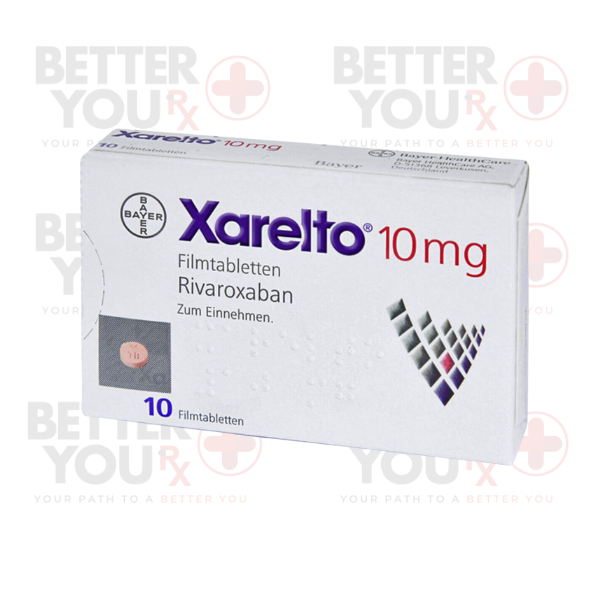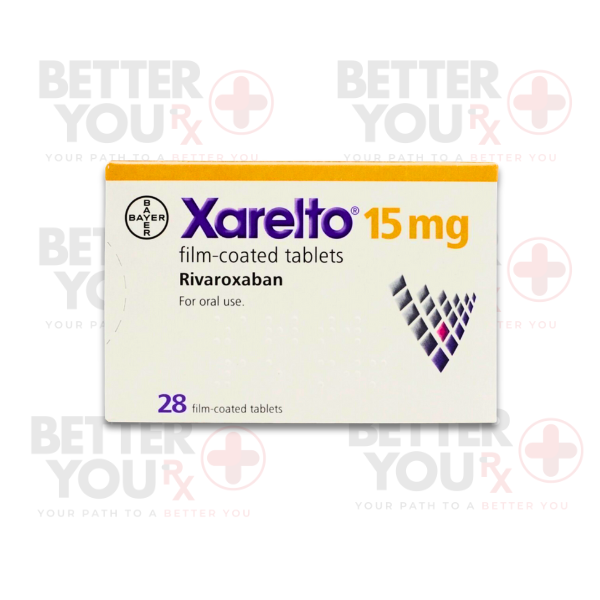Description
Metformin, an essential member of the biguanide drug class, has become a cornerstone in the treatment of type 2 diabetes, offering newfound hope and stability to individuals diagnosed with this chronic condition. As a trusted oral medication, Metformin is specifically designed to address the underlying issues of insulin resistance and impaired glucose regulation in the body.
Metformin exerts its powerful influence by primarily targeting the liver, a crucial player in glucose regulation. It works by suppressing the liver’s excess production of glucose, a process called gluconeogenesis. By curbing this excessive glucose output, Metformin ensures that the bloodstream is not overwhelmed with an unnecessary surge of sugar.
Furthermore, Metformin promotes the body’s sensitivity to insulin, the hormone responsible for transporting glucose into cells. In individuals with type 2 diabetes, cells often become less receptive to insulin’s actions, leading to elevated blood sugar levels. Metformin effectively reverses this trend, enabling insulin to work more efficiently and ushering glucose into cells where it is needed for energy production.
Metformin’s ability to maintain stable blood sugar levels plays a pivotal role in minimizing the risk of diabetes-related complications. Uncontrolled high blood sugar can lead to severe health issues, such as cardiovascular problems, kidney disease, nerve damage, and vision impairment. By effectively regulating blood glucose, Metformin offers protection against these potential complications, fostering a healthier future for those with type 2 diabetes.
The impact of Metformin extends beyond blood sugar control. Studies suggest that this medication may contribute to positive changes in body weight and composition. It has been associated with modest weight loss or weight maintenance, an encouraging benefit for individuals striving to achieve a healthy body mass index (BMI).










